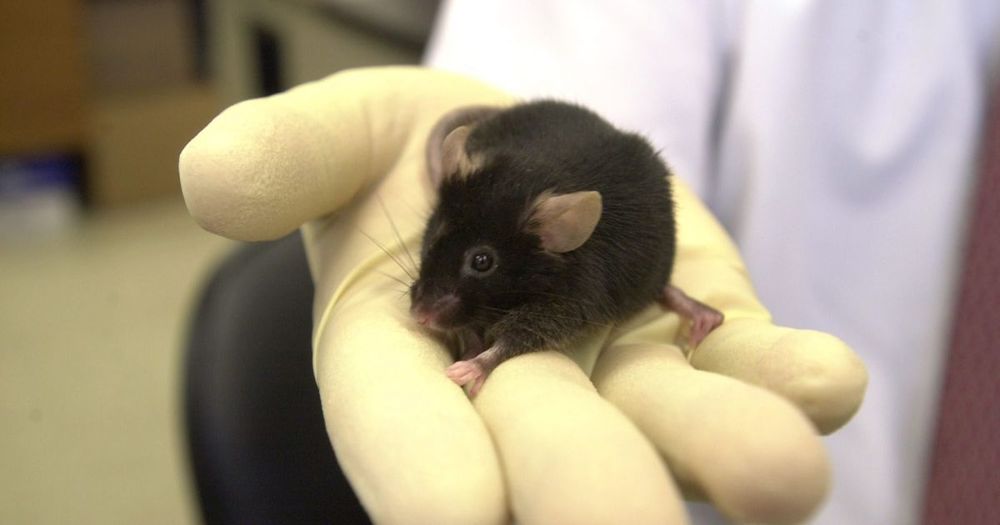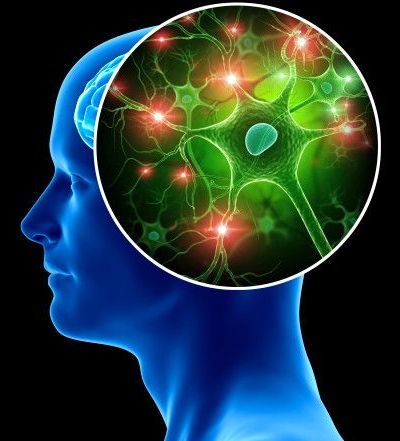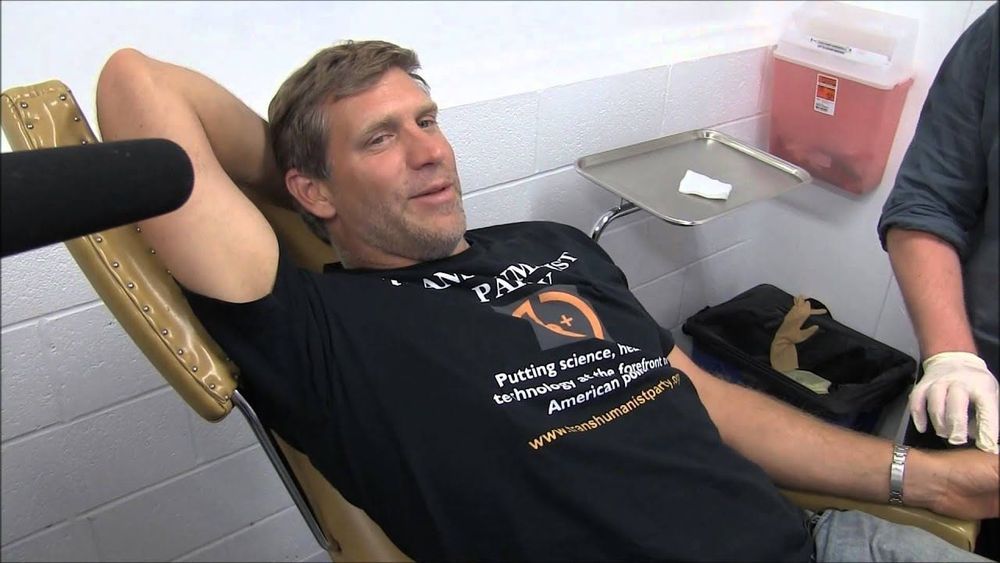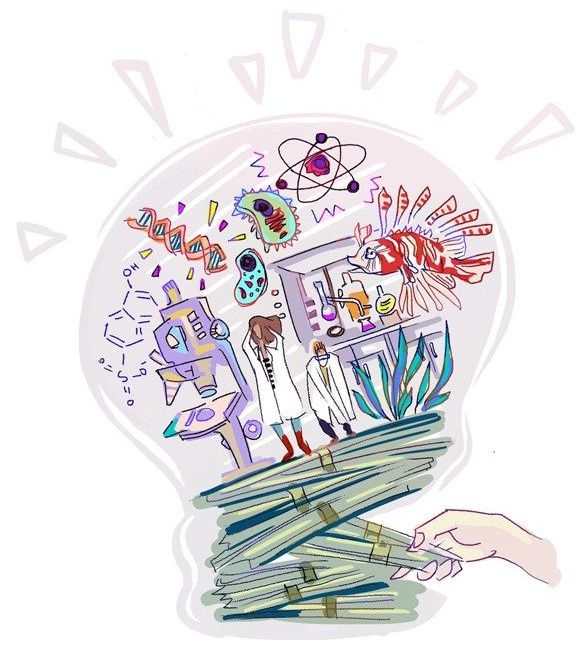Jan 26, 2020
Israeli drug makes Alzheimer’s symptoms disappear in mice
Posted by Paul Battista in categories: biotech/medical, neuroscience
Medical science has been this optimistic before about finding a cure for Alzheimer’s, but in most cases the scientists, patients and their families have suffered serious disappointment. The bitter truth is that over 99 percent of all clinical trials for Alzheimer’s treatments end in failure. For now it is not only incurable, but a major mystery and irreversible. The chemical basis for the disease is still unclear. The research is directed in many directions and based on very different assumptions and approaches.
One focus in recent years is based on the “amyloid assumption,” which says the amyloid beta peptide plays a major role in the development of the disease. The accumulation of the “sticky” amyloid protein plaques is responsible for the damage, by building up into clumps that can cause inflammation in the brain and the death of neurons. These plaques are the main target of most Alzheimer’s research today. Almost 90 percent of the scientific resources in Alzheimer’s research are devoted to developing drugs and treatments to reduce the concentrations and activity of amyloid beta in the brain.

















